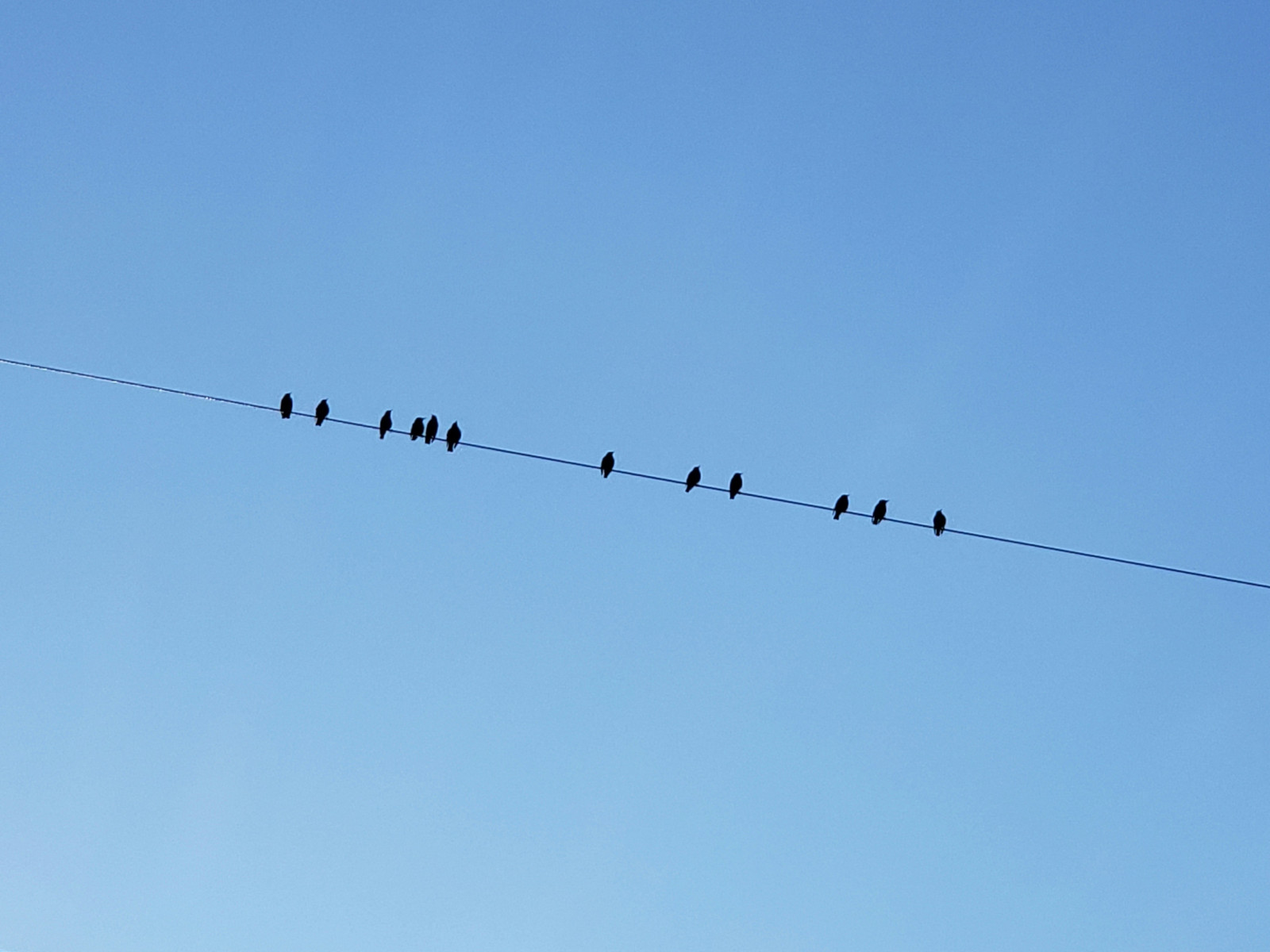BlueSky benefits from X’s Brazil ban: a fragmenting social ecosystem is shaky ground for incumbents

Photo: Jose Chinchilla

X has long been the social platform of ‘on the pulse’ news updates and cultural happenings. Its users over-index for using social platforms to keep up with news and culture (as outlined in our social platform user behaviour report), and its high-profile posts often make it into the broader news cycle and dictate coverage and strategy.
The platform saw some turbulence when Elon Musk took over, with competitors including Mastodon and Bluesky hailed as its cultural replacements. However, consumer indecision was high; users split off and accounts spiked on all competitors. Ultimately, the gravitational pull of being ‘the place where it happens’ was too strong, and X itself saw little decline in weekly usage.
The social platform market is fragmenting. There is an ever-increasing number of apps to engage with and no spare time for consumers to engage with them. In fact, most share enough features and reposted content that there are really only two main competition points. One is the personalised algorithms, which tailor feeds to users preferences based on the historical data they have given to the apps through their usage. The other is the network of people actively engaging with each other on the platform, making the different apps ‘pulse points’ for different cultural niches.
X had both for its userbase, making it hard for them to migrate elsewhere. However, the recent ban in Brazil seems to have affected this delicate balance. Bluesky has seen a surge in user downloads and usage since the ban, claiming it added more than 2.1 million users in the first four days. While it is yet to be seen whether this will translate into long-term consistent usage –– and the cultural capital that comes with it –– this is big news.
Featured Report
Social audiences are fragmenting Social platform user profile
The social marketplace has been growing – but attention is a finite resource, as is consumer time. As a result, audience attention is fragmenting across many different apps, with the biggest – YouTube, Instagram, Facebook, and TikTok –still dominating.
Find out more…Brazil is a large market, and emerging markets like it, namely in South America and Southeast Asia, are a key part of the new wave of cultural heft and user growth across entertainment (look no further than reggaeton or the growth in local language TV shows available on streaming platforms). The globalised nature of culture today also means that no change happens in isolation. User growth for Bluesky has occurred in Brazil, but also in fellow Portuguese-speaking market Portugal, and regional neighbours Chile, Argentina, and Columbia. Before, no competitor app had the cultural ‘gravity’ to really draw users away from X; with the ban and subsequent surge for Bluesky, this looks to be changing.
No matter how established, a fragmented marketplace with many competitors waiting in the wings means any major app can suffer if the zeitgeist shifts its focus. Before, there was no truly compelling reason for it to do so. Now, for X, maybe there is.

The discussion around this post has not yet got started, be the first to add an opinion.